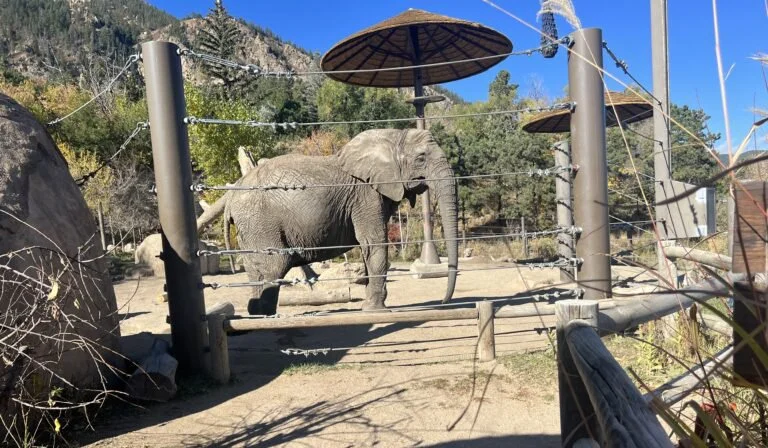How Your Turkey Died
Your turkey did not die well, according to philosopher Peter Singer, and its life was no great shakes either. That’s the gist of Singer’s new book, Consider the Turkey, a short account of the bird’s miserable existence.
The misery begins in the immense factories – concentrated animal feeding operations or CAFOs – that process birds by the millions. Propagating the species involves artificial insemination, performed not in a sterile lab by veterinarians but by untrained, underpaid workers using a crude invasive technique that Singer calls, with justification, rape.
Turkeys will spend the entirety of their lives in massive, densely packed facilities – that’s about 11 weeks for hens and 16 to 18 weeks for toms. The living conditions are horrendous and Singer does not hold back the grisly details. Eventually the animals are brutally killed, usually by a combination of electrocution and a knife to the throat. (The US Humane Methods of Slaughter Act covers cows, pigs, horses, sheep, and mules – but does not mention turkeys or chickens, who are left at the mercy of a merciless industry.)
Singer’s point in recounting these horrors is to argue for a vegetarian Thanksgiving, or at the very least for more humane treatment of the animals that end up on the table. “If you are so rigidly traditionalist that you absolutely must eat turkey at your feast,” he writes, “the least you can do is to plan ahead and order one of the few slow-growing, heritage breed, pasture-raised turkey available.”
Singer closes on a positive note: a chapter on vegan recipes for the big feast. There’s faux turkey (made from seitan, concentrated wheat gluten that approximates a fleshy texture), vegan gravy, sides, salads, dessert – the works.
Whether or not Singer’s book puts a dent in Americans’ turkey-gobbling habits – some 210 million birds get the ax every year – the author hopes it will “prompt people everywhere to inquire into the lives and deaths of the animals traditionally consumed for celebrations, whether it is Christmas, Passover, or Eid.”
Purchase here.
Photo credit: Princeton University Press







